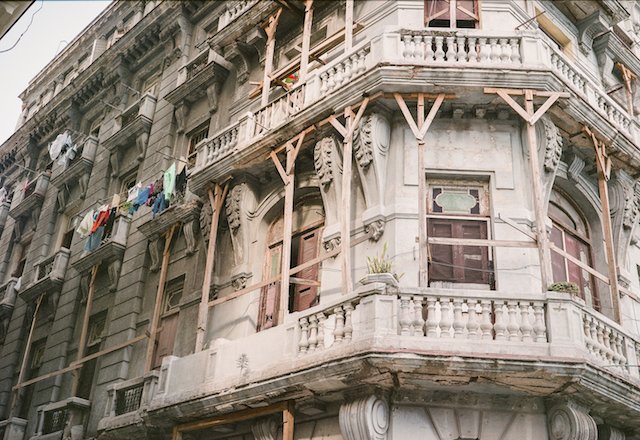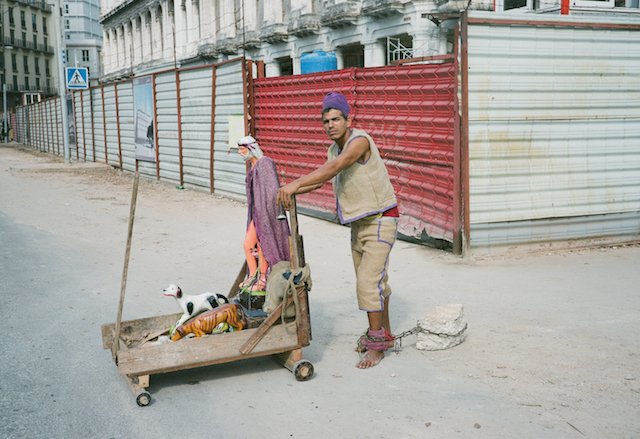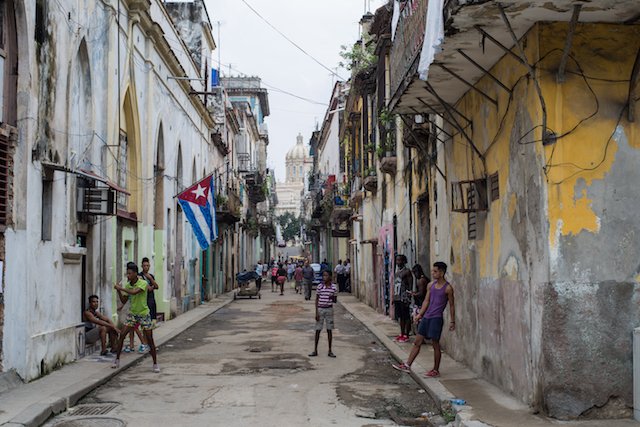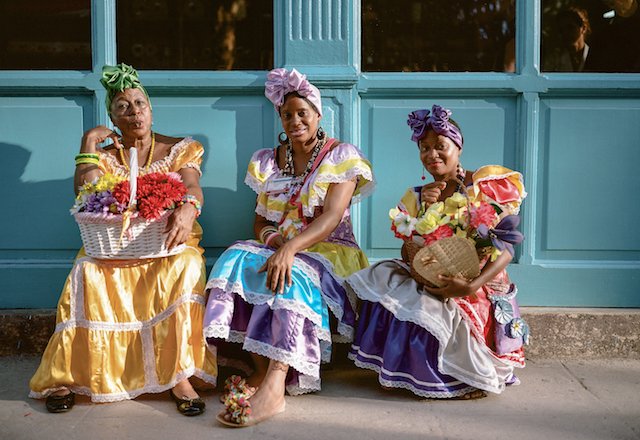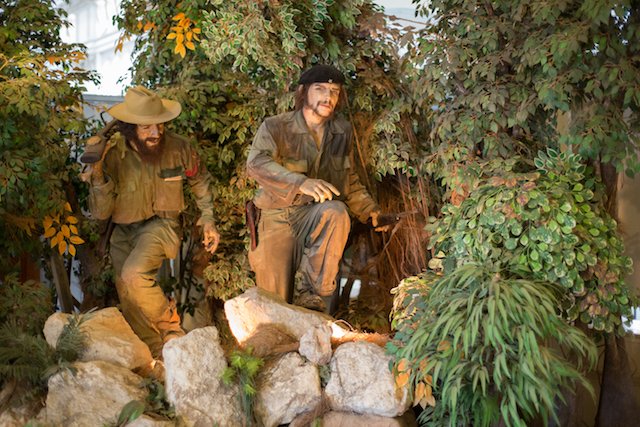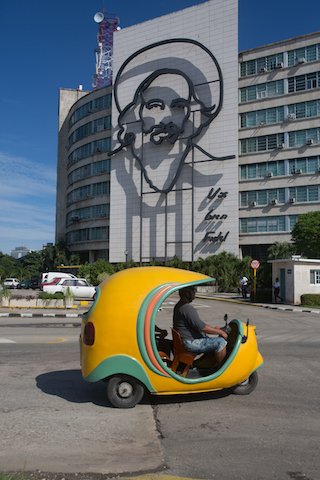
Havana, Cuba – I’m on top of The Park Central Hotel in the middle of Havana with feelings of guilt.
I have just returned from talking to a man I had met outside the Kid Chocolate boxing gym, a short walk from the hotel. He stopped me to start a conversation. This happens a lot to tourists in Havana. People are always offering you taxis rides, tours, where to get the cheapest cigars or find places to eat (which are clearly not always to be trusted since my wife was still ill from a visit to one back street restaurant). But this gentleman seemed different.
In excellent English, he began telling me how at the age of 16 he was made to join the army, and during the Cuban Revolution forced to fight for Batista. I ask him what he thought of Castro and the coming changes with the re-opening of diplomatic ties with the U.S. He laughed, exposing worn down lower teeth. “If Cubans had the chance, they would all leave,” he says. He points towards the harbour where many have tried and failed to take makeshift boats to Miami.
Havana is a strange place. The old part of the city is now a UNESCO heritage site and there are obvious signs of attempts to keep the buildings in reasonable condition. The U.S. embassy recently reopened after 54 years and American tourists are slowly starting to come back. And one day so will trade. But extreme poverty in Cuba is always around the corner. Structures are crumbling, some having to be supported by makeshift timber scaffolding.
The island is a major vacation destination for Canadians but unless you venture from all-inclusive resorts, most of which are an hour or two drive from the capital, it’s unlikely you will see the conditions the majority of Cubans live in.
One of Havana’s oldest government-run cigar factories produces 25,000 cigars a month. The workers there earn about $40 a month, I’m told, and they can smoke five free cigars a day. But most of them will smuggle out their allotment to sell privately for extra cash, which is forbidden. The factory is currently training 80 people to deal with the anticipated exports to the U.S.
New Cuba-U.S. relations may be the legacy of the Obama administration, but there’s uncertainly about how the next U.S. president will move forward with Cuba. The re-opening of relations with the U.S. has already prompted a refugee crisis of sorts, with more Cubans making their way to Central American countries to seek entry into the States. The feeling among American lawmakers and some locals is that the Castro regime is not changing quickly enough on issues like human rights. While long-term prison sentences are relied on less these days to silence dissent, arbitrary detentions of peaceful opponents of the government reached a record 1,447 people last year.
Cuba is demanding the U.S pay hundreds of millions of dollars in damages caused by the embargo imposed on the island after the U.S.-backed Batista government was deposed. Cuban-Americans who left the country or were forced out post-Castro, also want restitution for properties that were taken from them during the revolution.
Some Cubans are nervous about the return of U.S. influence. One artist I spoke with offered that “Sometimes you don’t know what you love, until it’s gone.” But admitted that something has to be done about the economy. He says that “Castro didn’t trust the people to have more money.”
A couple times I was told in a loud voice by locals that Castro is not the problem, but that was only when they thought other people were listening. Wading through government rhetoric and the harsh reality of life is a constant in Cuba. The history of the revolution is everywhere, including the original bullet holes in the old presidential palace, while everyday food items are hard to come by in the market.
As I waited in the airport departure lounge, I bought an over-priced chocolate bar, the first I had seen in a week.
news@nowtoronto.com | @nowtoronto
